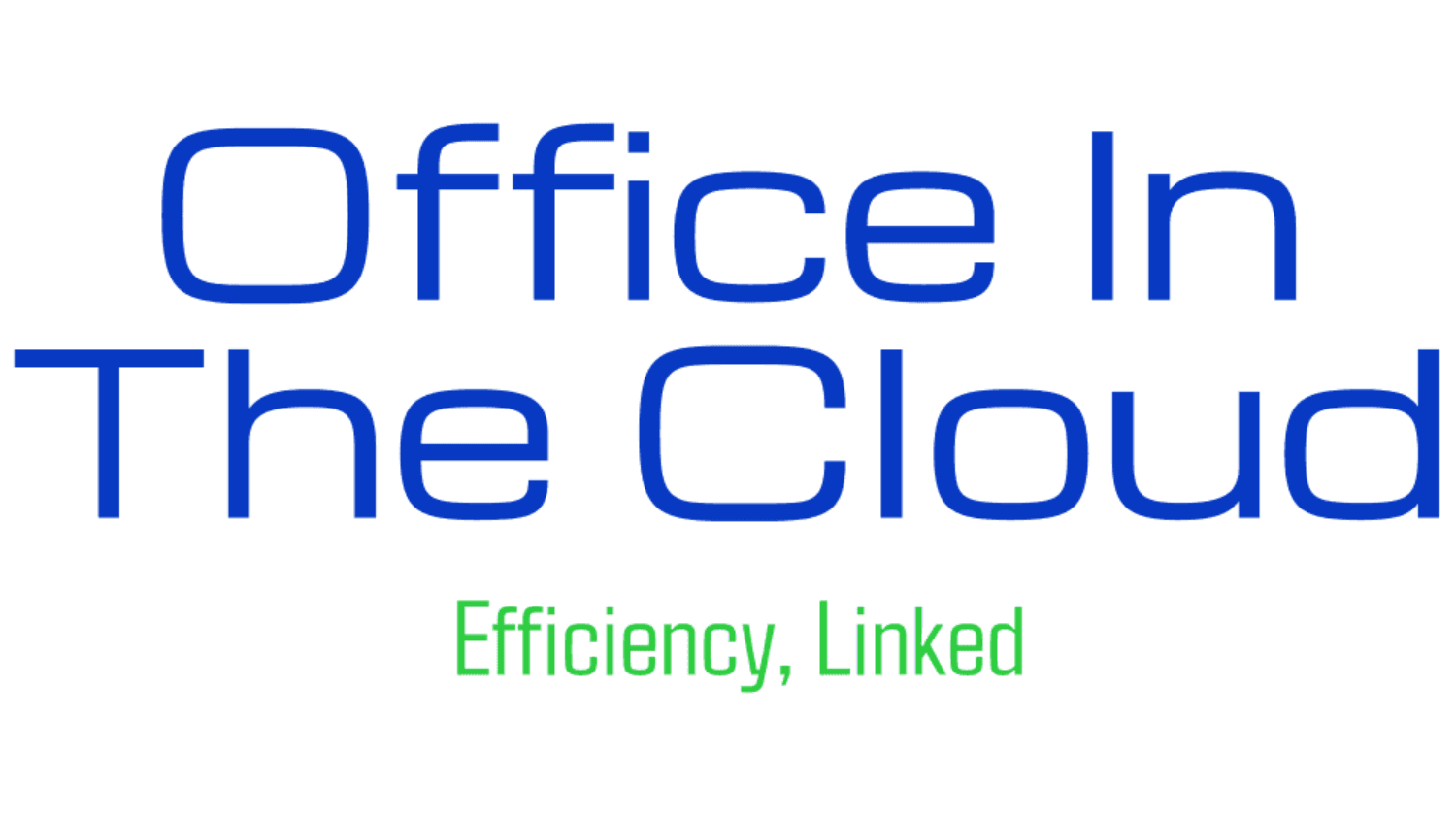Connecting ERP Software to Payment Gateways: A Comprehensive Guide
Understanding ERP Software and Payment Gateways
Enterprise Resource Planning (ERP) software is a powerful tool that integrates various business processes into a unified system. It helps organizations streamline operations, improve efficiency, and make informed decisions. On the other hand, payment gateways are online services that facilitate electronic transactions by transferring information between a payment portal and the bank. Connecting ERP software to payment gateways can significantly enhance business operations by automating payment processes and improving cash flow management.

The Benefits of Integration
Integrating ERP software with payment gateways offers numerous advantages. First and foremost, it automates the payment process, reducing the need for manual intervention and minimizing human error. This integration also ensures real-time data synchronization between sales, inventory, and accounting systems, which leads to more accurate financial reporting and better inventory management.
Moreover, businesses can offer a seamless and secure payment experience to their customers, which can improve customer satisfaction and loyalty. By automating invoices and receipts, companies can also enhance their accounts receivable management, leading to faster payment collection and improved cash flow.
Steps to Connect ERP Software to Payment Gateways
The process of connecting ERP software to a payment gateway involves several steps. Here's a simplified guide to help you get started:
- Assess Your Needs: Identify the specific requirements of your business to choose the right ERP software and payment gateway that align with your goals.
- Select a Compatible Solution: Ensure the ERP system and payment gateway you choose are compatible with each other and can be integrated seamlessly.
- Configure the Integration: Set up the necessary configurations in both systems to enable data exchange. This often involves API integration.
- Test the System: Conduct thorough testing to verify that transactions are being processed correctly and data is accurately synchronized between systems.
- Go Live: Once testing is complete, implement the integration in your live environment and monitor its performance.

Challenges and Considerations
While integrating ERP software with payment gateways can be highly beneficial, it's not without challenges. One of the main concerns is data security. Payment data must be protected with robust encryption protocols to prevent unauthorized access. Compliance with industry standards such as PCI DSS is crucial to ensure secure transactions.
Another consideration is the potential complexity of integration. Depending on the systems used, integrating ERP software with payment gateways might require significant technical expertise. Businesses may need to work closely with IT professionals or external consultants to address this issue effectively.
Choosing the Right Payment Gateway
Selecting the right payment gateway is essential for a successful integration. Businesses should look for gateways that offer comprehensive features like multi-currency support, fraud detection tools, and a user-friendly interface. Additionally, evaluating the cost structure of different payment gateways is important to ensure it aligns with your business budget.

Best Practices for Successful Integration
To ensure a successful integration of ERP software with payment gateways, businesses should adopt best practices such as regular system updates to maintain compatibility and security. Continuous monitoring of transactions can help identify any discrepancies or issues promptly, allowing for quick resolution.
Moreover, providing adequate training for staff members on using the integrated system can enhance operational efficiency and reduce errors. Encouraging feedback from users can also lead to improvements in the integration process.
The Future of ERP and Payment Gateway Integration
The integration of ERP software with payment gateways is expected to become even more prevalent as businesses continue to prioritize digital transformation. Emerging technologies like AI and machine learning are likely to play a significant role in enhancing these integrations by providing advanced analytics and automation capabilities.
As businesses strive for efficiency and enhanced customer experiences, investing in robust ERP and payment gateway integration will become increasingly crucial. By staying informed about industry trends and continuously optimizing their systems, companies can remain competitive in an ever-evolving marketplace.
